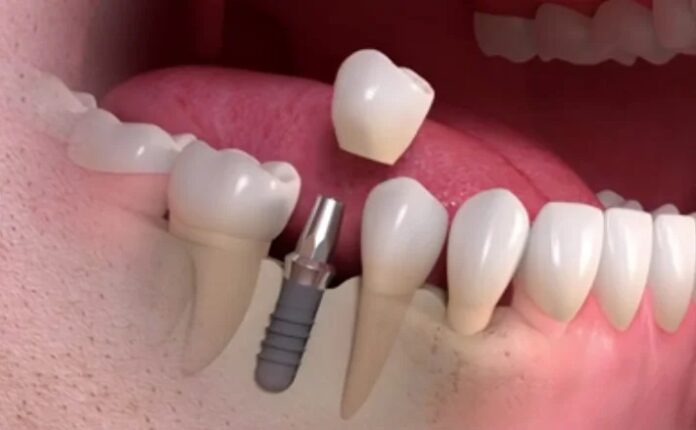Losing a tooth can be a painful and upsetting experience. However, that does not mean it’s the end of the world because the medical field has several options available for you. If you happen to have lost a tooth, your medical professional might have suggested a dental implant to you.
Dental implants are miracle replacements for lost teeth and are one of the best substitutes out there right now. With their boat-load of advantages, dental implants are a good option to opt for if you want a replacement tooth. So, if you are considering it, we suggest you go for it!
Now, you have your appointment scheduled, but you do not know what you need to do. In that case, this article is meant for you. You will find all the necessary information on what to know before getting All on 4 dental implants here. Therefore, let us get started right away!
Understanding the use of dental implants
Before we begin, let us take our time to understand why dental implants are suggested as dental replacements. To begin with, dental implants are an excellent replacement for lost teeth. The structure of a dental implant is similar to a natural tooth— there is a synthetic crown that is supported by a titanium root that is deeply embedded in the jaw bone.
Compared to dentures, dental implants are much better and safer options as they can help prevent gum disease and tooth decay and also do not impact chewing power or speaking abilities. Another reason why dental implants are more of a reason to choose is that the durability rate of dental implants is much higher than dentures. Dental implants are observed to last an entire lifetime.
How to prepare yourself for the surgery
The process of getting dental implants is a long process that involves a lot of stages and specialists. Once your conditions are examined and determined that you would need a dental implant, the process of the sugar will commence.
In the meanwhile, you will be asked to meet an oral and maxillofacial surgeon (specializes in the case of mouth and jaw conditions), a periodontist (dentists who specialize in the structure that supports the tooth), and a prosthodontist (a dentist who specializes in designing and fitting prosthetic teeth).
As stated earlier, the entire process is broken down into various sub-steps— all of which start with a thorough oral evaluation. Once you have met with the specialist and have determined the variants of your surgery, you might need to go through an extraction surgery first if you need to extract a tooth.
Before the actual surgery, your doctor will walk you through the process while giving you necessary information on what you can/cannot drink, about local anesthetics, and so on. Do have someone to be there with you to drive you back and forth from the clinic.
Your post-surgery experience
Another reason why the surgery takes place in so many steps is to give your mouth and gums enough time to heal. Though the actual surgery itself is not that time-consuming, your bones need enough time to grow around the implant. Therefore, the healing process is what takes most of the time in the procedure.
Hence, after your surgery is done, give yourself plenty of time to heal. Ask your dentists about post-surgery habits that you should follow and stick to them. Also, taking care of implants is no more different than taking care of your natural teeth. This would include basic brushing twice, flossing regularly, and so on.
Dental implants are a great method of replacing bad/lost teeth, so if you have any hesitation, do not worry and go for it.

